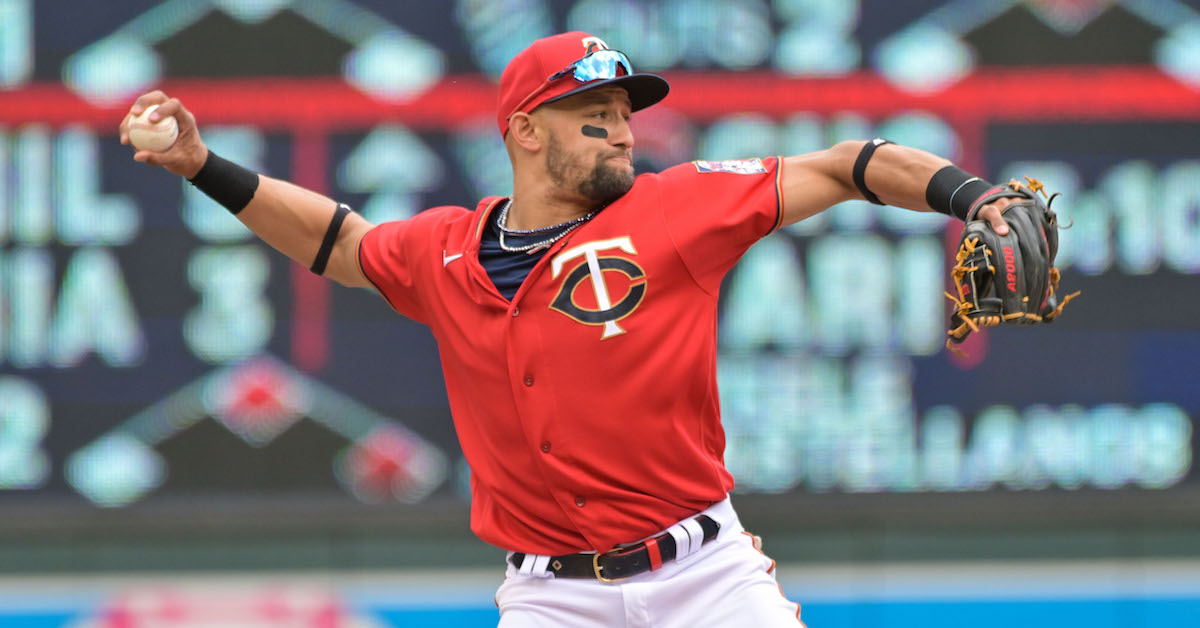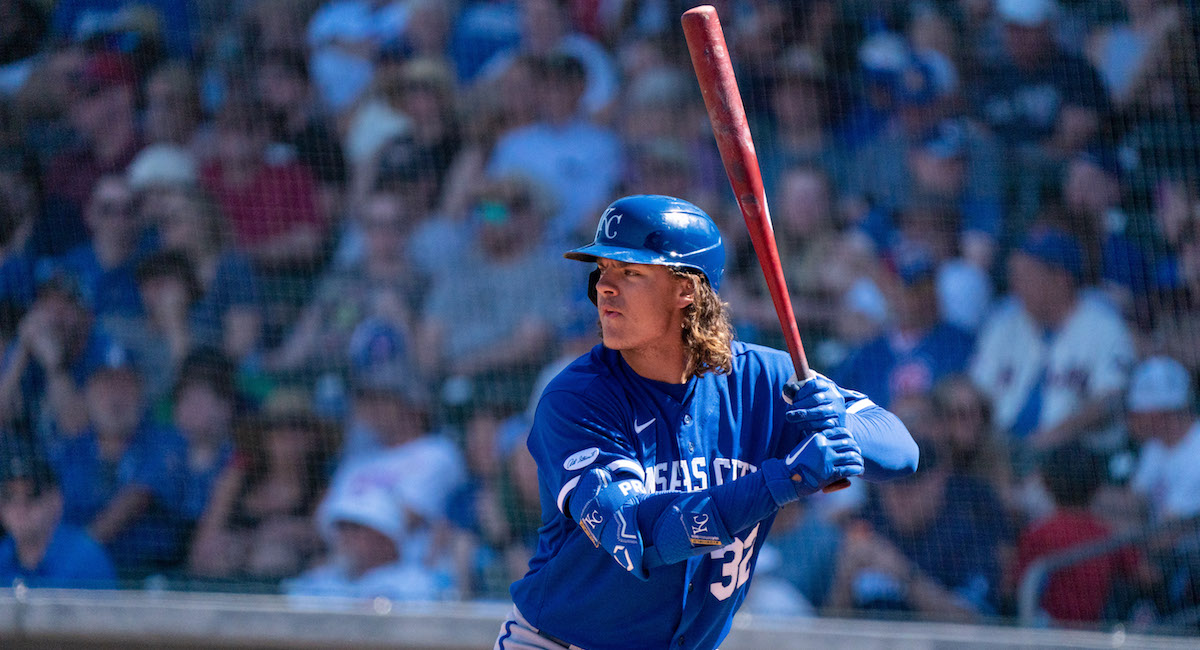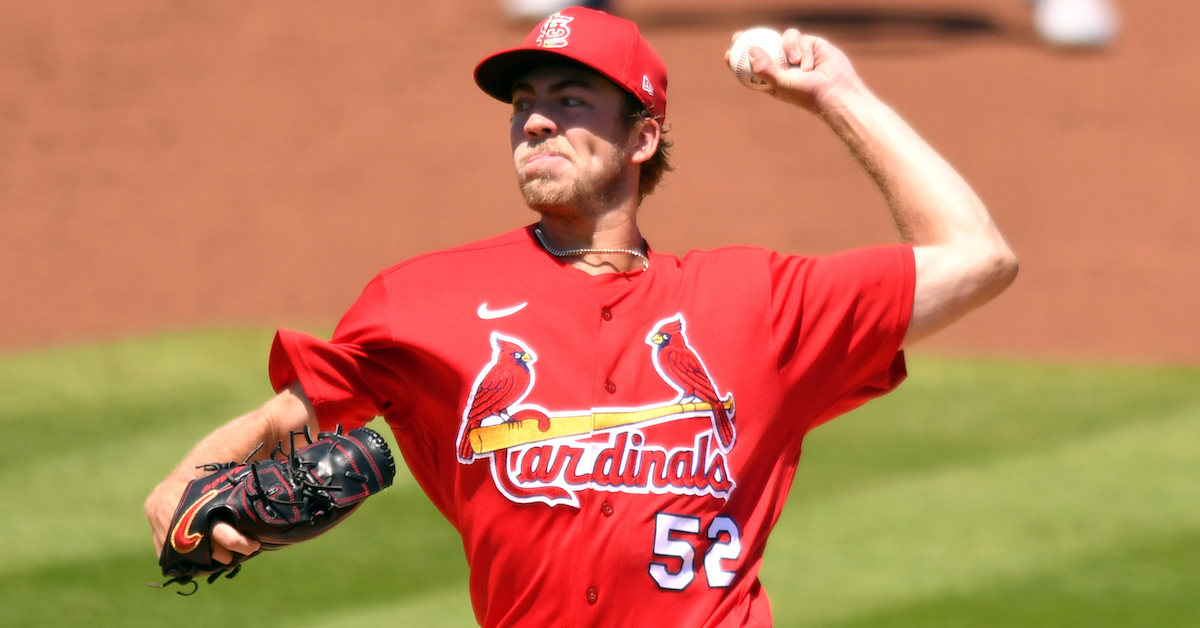Acuña’s Return Is Just One Piece of Braves’ Turnaround

Until he tore the anterior cruciate ligament in his right knee last July 10, Ronald Acuña Jr. was building a case to win the National League’s Most Valuable Player Award. His season-ending injury forced an already scuffling Braves team to scramble for replacements, but thanks in large part to an outfield reconfigured by a flurry of July trades, the team overcame the devastating blow and won its first World Series in 26 years. With Acuña still recovering from his injury, the Braves got off to a sluggish start this year, but since the calendar flipped to June, they’ve reeled off a 12-game winning streak, the longest in the majors so far. The run has more than cut the division deficit in half and pushed them into a playoff position, and while their 24-year-old superstar right fielder has led the way, he’s hardly doing it alone.
The 2022 season did not begin well for the defending champions, who posted losing records in both April (10–12) and May (13–15). Those struggles enabled the Mets to build a 10.5-game NL East lead through the end of May, the third-largest in the history of division play (since 1969). Through those first two months, the Braves were outscored by 16 runs, scoring 4.14 per game and allowing 4.46. Their offense hit just .235/.304/.405, but under the adverse conditions that hitters faced early in the year, that was still good for a 97 wRC+. Their hitters did strike out a major league-high 26.2% of the time, but a .292 BABIP (five points above the average for the first two months) and 62 homers (fifth in the majors) helped to offset their contact woes.
The offense was particularly dragged down by the production of their outfielders, who collectively hit just .194/.255/.330 with a 30.6% strikeout rate and a 63 wRC+ over those first two months; from among those numbers, only their slugging percentage wasn’t the majors’ worst (it was 27th). I’ve covered the ongoing saga of Atlanta’s outfield multiple times; the play of July acquisitions Adam Duvall, Joc Pederson, Eddie Rosario, and Jorge Soler was the key to last year’s turnaround and postseason run once Acuña went down. Duvall and Rosario, the pair that the Braves retained, were among the early-2022 laggards; the latter, who underwent laser surgery on his right eye to correct blurred vision, has been out of the picture since April 24.
Acuña, who did not make his season debut until April 28, the Braves’ 20th game of the season, started in right field just 11 times in April and May, serving as the team’s designated hitter another 10 times. Initially and quite understandably, he showed a bit of rust with the bat, striking out 11 times in his first 28 plate appearances, but he began turning things around with a 5-for-11 showing against the Brewers that included two homers (off Eric Lauer and Corbin Burnes) and a double as the Braves took two out of three at home on May 6–8. He’s more or less stayed hot ever since, and over the past few weeks has played almost exclusively in right field, only spotting at DH.
During the winning streak, Acuña has hit .349/.431/.674 (200 wRC+) with four homers, with three in a two-game span on June 5 (off the Rockies’ Robert Stephenson) and June 7 (two off Cole Irvin, including one that led off the home half of the first inning). On Saturday against the Pirates in Atlanta, he hit another leadoff homer, this one off Zach Thompson, and later raced home from first base on a bloop single into right field by Dansby Swanson, scoring standing up:
The leadoff homer was the 25th of Acuña’s major league career, which began in 2018; since that season only George Springer has more (32), with Pederson and Mookie Betts (both with 21) the only other players with at least 20. Read the rest of this entry »









